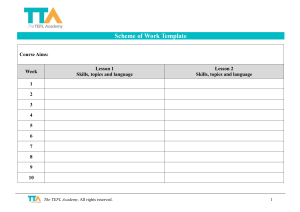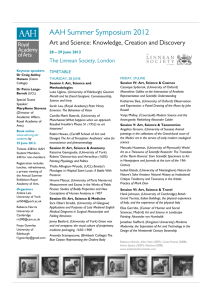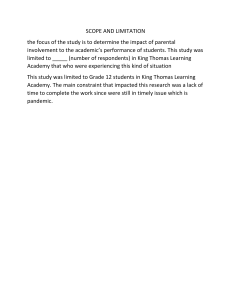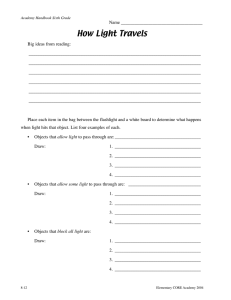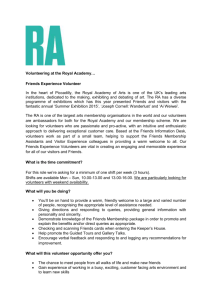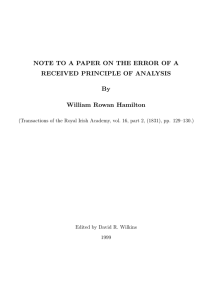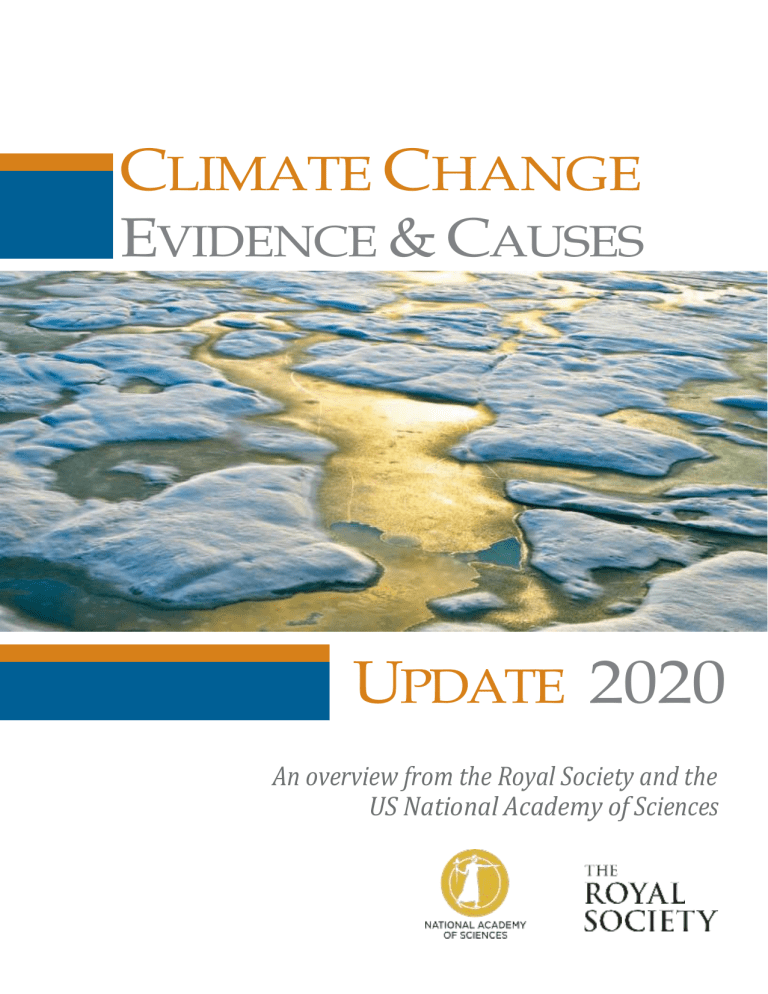
CLIMATE CHANGE EVIDENCE & CAUSES UPDATE 2020 An overview from the Royal Society and the US National Academy of Sciences FOREWORD CLIMATE CHANGE IS ONE OF THE DEFINING ISSUES OF OUR TIME. It is now more certain than ever, based on many lines of evidence, that humans are changing Earth’s climate. The atmosphere and oceans have warmed, which has been accompanied by sea level rise, a strong decline in Arctic sea ice, and other climate-related changes. The impacts of climate change on people and nature are increasingly apparent. Unprecedented flooding, heat waves, and wildfires have cost billions in damages. Habitats are undergoing rapid shifts in response to changing temperatures and precipitation patterns. The Royal Society and the US National Academy of Sciences, with their similar missions to promote the use of science to benefit society and to inform critical policy debates, produced the original Climate Change: Evidence and Causes in 2014. It was written and reviewed by a UK-US team of leading climate scientists. This new edition, prepared by the same author team, has been updated with the most recent climate data and scientific analyses, all of which reinforce our understanding of human-caused climate change. The evidence is clear. However, due to the nature of science, not every detail is ever totally settled or certain. Nor has every pertinent question yet been answered. Scientific evidence continues to be gathered around the world. Some things have become clearer and new insights have emerged. For example, the period of slower warming during the 2000s and early 2010s has ended with a dramatic jump to warmer temperatures between 2014 and 2015. Antarctic sea ice extent, which had been increasing, began to decline in 2014, reaching a record low in 2017 that has persisted. These and other recent observations have been woven into the discussions of the questions addressed in this booklet. Calls for action are getting louder. The 2020 Global Risks Perception Survey from the World Economic Forum ranked climate change and related environmental issues as the top five global risks likely to occur within the next ten years. Yet, the international community still has far to go in showing increased ambition on mitigation, adaptation, and other ways to tackle climate change. Scientific information is a vital component for society to make informed decisions about how to reduce the magnitude of climate change and how to adapt to its impacts. This booklet serves as a key reference document for decision makers, policy makers, educators, and others seeking authoritative answers about the current state of climate-change science. We are grateful that six years ago, under the leadership of Dr. Ralph J. Cicerone, former President of the National Academy of Sciences, and Sir Paul Nurse, former President of the Royal Society, these two organizations partnered to produce a high-level overview of climate change science. As current Presidents of these organizations, we are pleased to offer an update to this key reference, supported by the generosity of the Cicerone Family. Marcia McNutt President, National Academy of Sciences Venki Ramakrishnan President, Royal Society Only two pages were converted. Please Sign Up to convert the full document. www.freepdfconvert.com/membership
